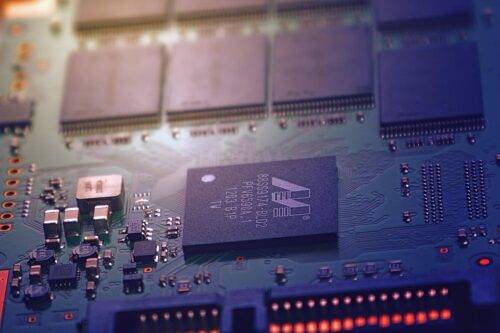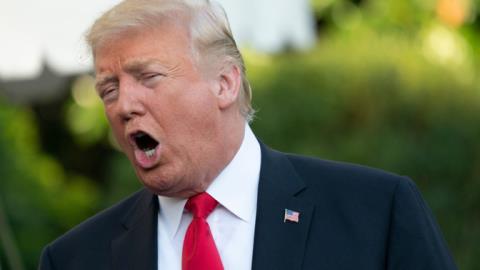Unlocking DeFi Opportunities: How Trade Wars Propel Decentralized Finance Forward
As the global economy faces increasing trade tensions, the crypto market is experiencing significant volatility. According to Leo Mindyuk of ML Tech, while the immediate effects of trade disputes are challenging for cryptocurrencies, they may ultimately prove less detrimental than to traditional financial systems.
Recent Developments in Global Trade and Crypto Markets
This past weekend, Bitcoin (BTC) saw a dramatic drop, falling below the $100,000 mark. This decline follows President Donald Trump’s announcement of new tariffs: a 25% tax on imports from Canada and Mexico and a 10% tax on Chinese goods. The broader digital asset market mirrored this downturn, marking one of the largest sell-offs since the onset of the Covid pandemic and the FTX collapse.
Impact of Tariff Wars on the Crypto Market
The ongoing trade disputes have heightened global economic uncertainty, leading to a temporary free fall in risk assets. Here are some key areas affected:
- Market Volatility: Tariff wars create instability in traditional markets, prompting investors to explore alternative assets like Bitcoin, Ether, and other cryptocurrencies.
- Mining Disruptions: Crypto mining is heavily dependent on specialized hardware, much of which is sourced from countries like China. Tariffs can inflate production costs and decrease profitability.
- Regulatory Challenges: Increased scrutiny on international crypto transactions may lead to stricter compliance requirements, hindering adoption rates.
How Tariff Wars May Fuel the Rise of Decentralized Finance (DeFi)
Amid rising distrust in traditional finance due to tariff conflicts, decentralized finance (DeFi) could offer a viable alternative. Here’s how:
- Financial Autonomy: DeFi platforms facilitate peer-to-peer transactions without intermediaries, helping users navigate barriers created by tariffs.
- Increased Adoption: As traditional channels face disruptions, crypto-based financial solutions may gain traction among users seeking flexibility.
- Shift from Traditional Banking: The ongoing trade disputes may prompt a migration toward DeFi, minimizing reliance on conventional banking systems.
Conclusion: Navigating the Future of Crypto
While cryptocurrencies are often viewed as a hedge against economic instability, they are not immune to the ramifications of ongoing tariff wars. From market volatility and mining cost increases to evolving regulatory landscapes, these disputes could significantly shape the future of the digital economy.
Investors, miners, and policymakers should closely monitor trade developments as they navigate the intricate relationship between geopolitics and digital assets. For further insights, consider reading this CoinDesk article on how DeFi may benefit from trade conflicts.
For more updates on the crypto market, visit CoinDesk.







